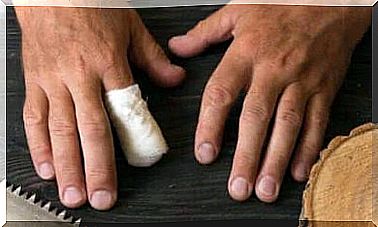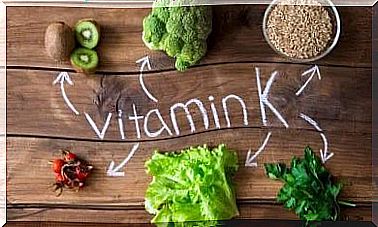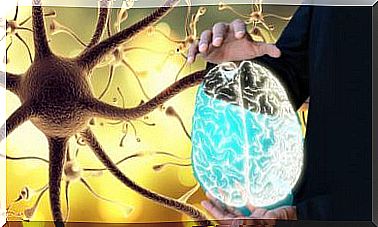What Is Taste Aversion And How Can It Be Treated?

Has it ever occurred to you that just hearing the name of a food hurts you? This sensation is associated with taste aversion, a condition that causes the rejection of certain foods because, after ingestion, they have caused a feeling of discomfort or illness.
And, although foods are not always the cause of the problem, their intake is often associated with the appearance of unpleasant symptoms. Thus, just mentioning their name causes chills and discomfort. Why is this happening? Taste aversion is related to classic conditioning.
Classic conditioning
Classical conditioning is based on matching different stimuli, even when they are not related to each other. It is a type of behavioral learning discovered by the Russian psychologist Ivan Pavlov.
In this sense, there is a neutral and an unconditional stimulus that, together, can generate an automatic response. The learning that takes place in classical conditioning is based on the matching of neutral and unconditional stimuli on repeated occasions.

Taste aversion
How is classical conditioning related to taste aversion? The food that causes us repulsion is the neutral stimulus that is associated with the disease, ie the unconditional stimulus. This association leads us to offer an unconditional response. After this association, the stimulus that was neutral at first becomes one that conditions a food rejection response.
Thus, aversion to conditioned taste occurs when we get sick after eating a certain food that we come to associate with the cause of the disease. Consequently, thinking about that food makes us feel bad, whether or not the food was the cause of the discomfort.
Although this cannot be completely related to the theory of classical conditioning, because we face a selective aversion, it has been demonstrated the importance of the stimulus. In this sense, we can say that living beings are ready to establish associations between stimuli and results. Animals tend to avoid eating those foods that have harmed them, because it is an instinctive matter that ensures survival.
What can cause taste aversion?
In general, it is not known why certain foods generate taste aversion. Many times, even after checking that this food was not related to what followed, we continue to feel its rejection. We are aware that there was no connection and yet we cannot ingest it again. Rejection can take days and even years.
How can taste aversion be treated?
Aversion to taste belongs to the field of psychology. This means that, most of the time, the disease is not caused by a food allergy, but occurs because of the associations that the mind makes between food and subsequent discomfort.
One way to overcome this is by establishing new associations. Instead of associating food with the desire to vomit, it is better to associate food with a nice restaurant or a pleasant time. You can also try to change the recipe. For example, in the case of spaghetti with tomato sauce, replace the sauce with sour cream or olive oil.
Gradual exposure to food that triggers aversion can work. Start with the flavor, then taste a little, until you eat larger portions. If there are no good results with these methods, it is best to seek professional help.
Your psychologist can advise you on other strategies to overcome your aversion. This is important, especially if food rejection prevents you from eating a healthy, balanced diet.

What to remember about aversion to taste?
Sometimes, the aversion to taste fades over time and does not require special treatment. However, it can take months or years and lead to the rejection of many foods. It is best to seek medical or psychological assistance, as it can affect the quality of your diet.









